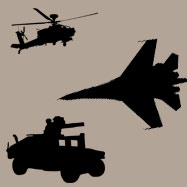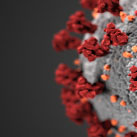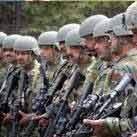Role of Political Guidance for Self-Reliance in Defence
Self-reliance in defence may be better realised if India’s military instrument were to be shaped by political guidance and geopolitical considerations instead of being carried away by the contemporary winds of COVID-19.
- Published: June 01, 2020









